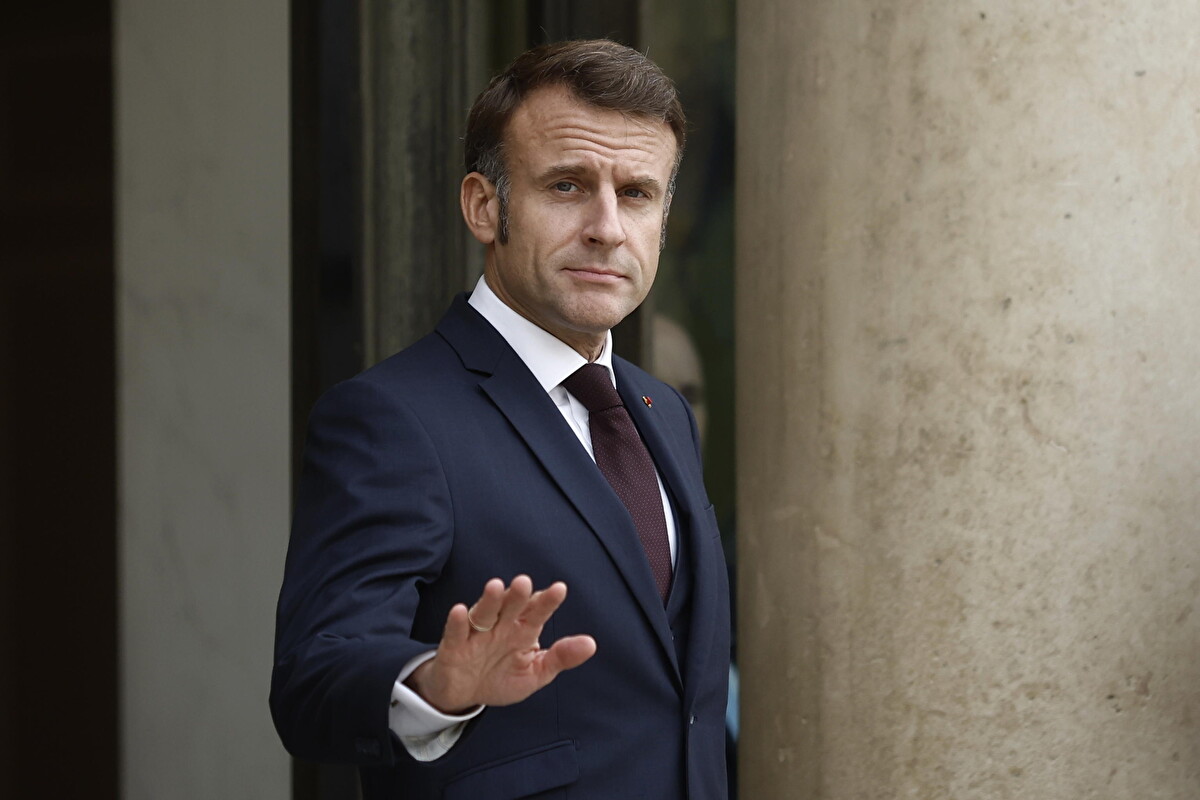With less than two weeks to go and millions of ballots already cast, time is running out for the presidential candidates to make a decisive impression on the remaining voters still uncertain about who to vote for. In her CNN town hall last night, Kamala Harris stuck to the centrist line she’s been towing over the last couple of weeks, leaning more on broad appeals for unity in the face of a Donald Trump presidency than a comprehensive political vision. CNN had also invited Donald Trump, who declined to take part, and also declined to debate his opponent on Fox News earlier this month.
At various points, Harris emphasized the danger of a Donald Trump victory less than two weeks from now. To be sure, the framing and discussion steered by Anderson Cooper and CNN offered her opportunities to do that, as the opening questions from the moderator and the first audience member focused specifically on Trump’s character and how she can appeal to never-Trump Republicans, who are estimated to make up around 10 to 12 percent of the party. The past couple of weeks of Harris’s campaign have indeed mostly centered around courting this group, as she has done multiple events with Republicans who support her, most notably Liz Cheney.
The vice president continued that strategy last night, calling Trump “dangerous and unfit to serve,” and bringing up General John Kelly’s recent statements that Trump had wished he was more like “Hitler’s generals.” She reminded the never-Trumper audience member that the former president reportedly asked if people affected by natural disasters during his term had voted for him to decide if they deserved aid. Harris said that when she was a prosecutor, she had never asked a victim about their politics – “the only thing I’ve asked is are you okay.”
At times her warnings against Trump came at the expense of addressing questions on policy. Harris highlighted Trump’s danger when asked about expanding the Supreme Court, saying only that “some kind of reform is needed” before reminding the audience of Trump’s recent comments that he would use the military to go after the “enemy within,” which he heavily implied to mean his political opponents.
After offering little in the way to assuage an audience member’s disquiet regarding American weapons being used on civilians in Gaza, Harris found herself challenged by Cooper, who asked her what she would say to voters who are withholding their vote from her because of our government’s unbridled support for Israel. Rather than address that concern head-on, Harris said that voters focused on Gaza “also care about bringing down the price of groceries, they also care about our democracy” and should support her based on those issues and others, like abortion. A recent poll for the Arab American Institute found Harris essentially tied with Trump for the Arab American vote nationally, putting her 18 points behind Biden in 2020, largely due to her stance on this issue. If that holds on November 5th, Harris will very likely lose Michigan, one of the seven swing states that could decide the election.

That Harris often invoked the dangers of Trump to divert from particular issues is not to say that she never elaborated on policy. With a campaign that of late has become defined by appeals to bipartisanship, Harris proposed some bread-and-butter Democratic social-safety-net policies, offering support to what she called the “sandwich generation” – people at an age where they are caring for both their children and their parents – through “home health care for seniors” run by Medicare and a $4,000 child tax credit. This last could have an enormous effect on Americans’ lives, as the expanded child tax credit implemented by Biden in response to COVID briefly cut the childhood poverty rate by nearly half across the country, before it was allowed to expire.
She also offered specifics regarding her policy to address price gouging, although what she detailed appeared to be a step back from an initially strong stance. She brought up her “national price gouging ban” as a response to an audience member’s question about high grocery prices, implying a broad ranging policy that would address his concerns directly. When Anderson Cooper pointed out how she had recently clarified that her ban was limited to situations like natural disasters, Harris argued that it was still relevant in the wake of emergencies like Hurricane Helene. That said, numerous analyses have found that about 50% of post-COVID price inflation can be attributed to companies using their dominant positions in markets to jack up prices well above their costs, known as sellers’ inflation (or in layman’s terms, greedflation) – a persistent issue that Harris is apparently leaving on the table. The latest ABC News/Ipsos poll finds that voters trust Trump more than Harris on inflation.
The most recent polling finds that Donald Trump and Kamala Harris are essentially tied, with the New York Times polling average showing margins of 2 percent or less across all of the battleground states, and just a one-point advantage for Harris nationally.












